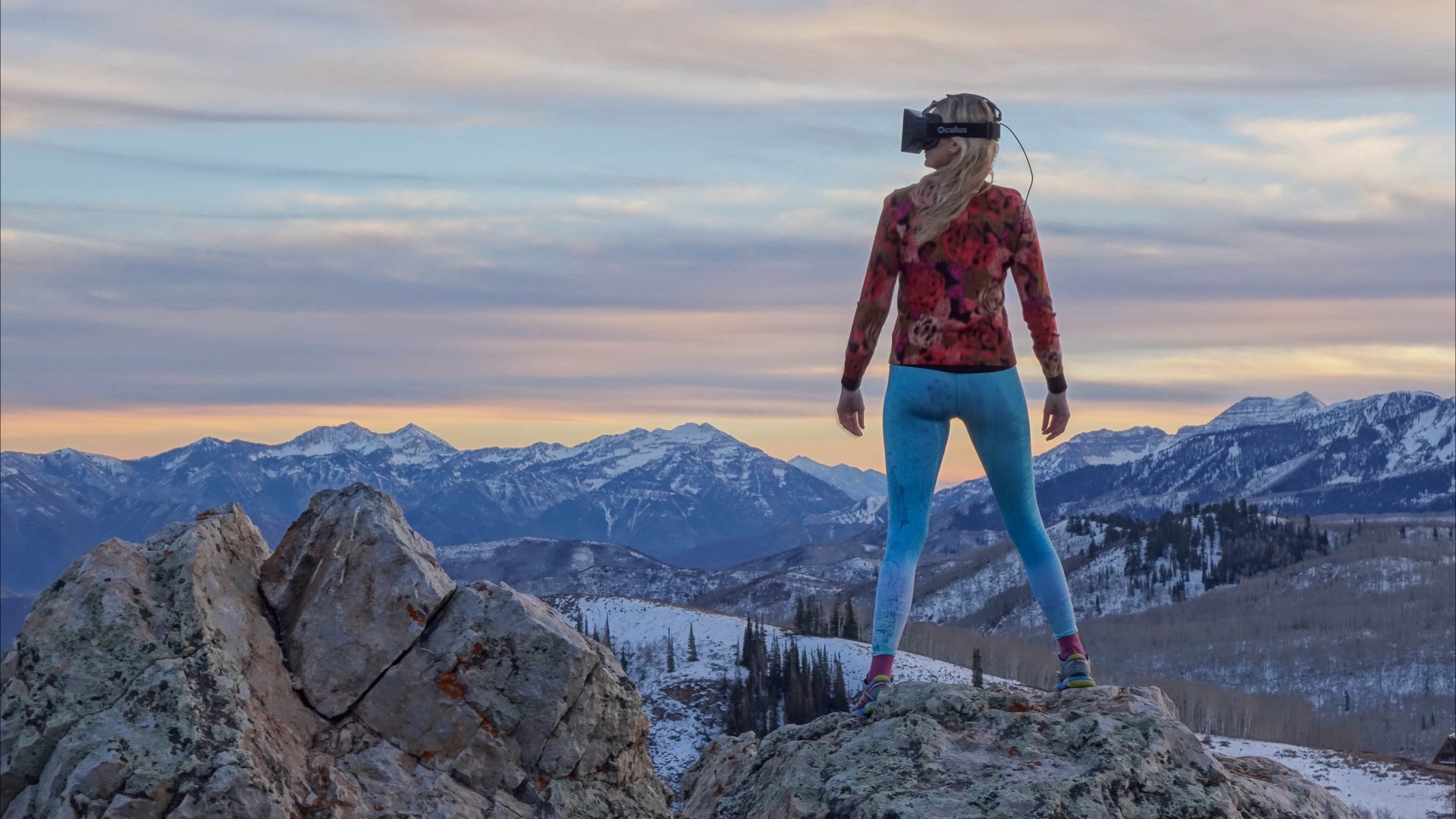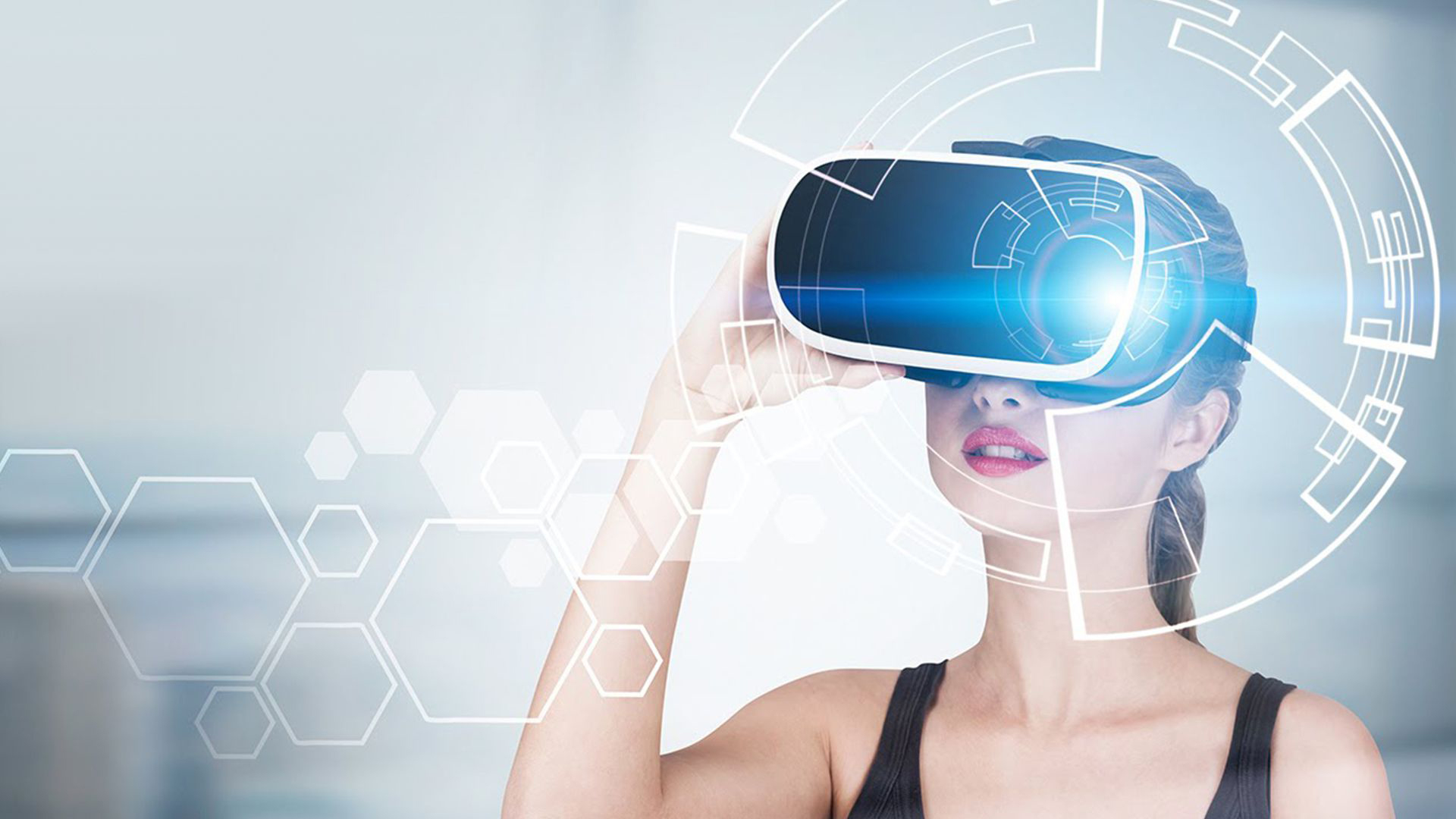It is commonly believed that VR technology was created for entertainment, and its main application area is computer games and specialized cinemas. But, even though the entertainment function of virtual reality was the first to resonate with consumers, it was not created for this purpose at all. VR technology benefits many industries, including medicine, education, commerce, etc.
Education
Thanks to VR technology, theoretical knowledge can be transferred remotely and practical experience, which increases the probability of memorizing the material and training efficiency. Using VR in the classroom is a highly engaging process for younger students.
If during the traditional lesson, the teacher has to make considerable efforts to hold the pupils’ attention, thanks to virtual reality, their involvement in the process is close to 100%. With VR technology, material in the classroom is transformed from abstract information to information tied to specific objects, which changes perception.
In the classroom, students can travel worldwide, take part in archaeological digs, walk through an ancient temple, see chemical processes from the inside, draw in the air, and even visit the moon. With VR, students can learn and remember much more information than in a traditional classroom, all while being highly visual.
VR technology will also prove indispensable in higher education institutions. For example, medical students and young doctors can perform complicated operations and make mistakes that won’t affect real patients.
Tourism
This is one of the most obvious applications of virtual reality, which has become relevant in the last decade. Many programs already allow you to visit the most popular or protected corners of the globe from the comfort of your own home.
A virtual tourist can climb the Eiffel Tower, visit the Grand Canyon and Canadian rainforests, or fly in a helicopter over New York City. VR has become a great way for travel companies to run an advertising campaign and encourage travelers to visit a particular place or an entire country.

Medicine
Virtual reality helps treat various types of illnesses. These include:
- Lower limb paralysis. During an experiment conducted by scientists, patients were allowed to play soccer in a VR helmet. As a result, the areas of the brain responsible for leg movement were restored, which positively affected recovery.
- PTSD (Post-traumatic stress disorder). Trauma-related psychological problems are usually treated by discussing traumatic events with the patient. However, VR works better – it allows one to face these events in a safe environment.
- Panic attacks. Specially designed virtual reality games help with fear and anxiety.
- Pain relief. VR games are used as a distraction therapy and can replace pain medication.
Virtual reality also helps conduct research that identifies psychological problems in patients.
Art and major events
Immersive theaters are widespread, where the audience is immersed in the action without focusing on the stage. Thanks to VR, you can visit such a theater right from home. Modern museums and art galleries use virtual reality technology to attract visitors.
They can also be used to visit closed museum halls, see architectural monuments, look at the reconstruction of lost or destroyed exhibits, visit a particular historical era, and feel like a part of it. Mass VR events are a new word in the organization of cultural events. Thanks to technology, the number of participants is unlimited by the number of exciting events.
Sports
Created by all the rules of virtual reality, VR allows you to feel your body and consciously control it. It can be used in sports training – VR technologies will help sharpen sports skills and develop competitive methods. Virtual workouts, if done right, give a good workout and help to become more enduring. They are used by people who need more time to go to the gym and professional athletes.
With some VR programs, you can train with other users, which disciplines you, adds an element of competition, and forces you to give your best. VR technology has enormous potential to change the future of many areas of human life, from culture and art to treating serious illnesses.

